Hello, I’m Elle, and my love for history influences my passion for politics. To me, politics is like witnessing modern history in the making, a living narrative that shapes our world. Even if history isn't your cup of tea (let's face it, it's not everyone's favourite), there's always an aspect of society you can care about, which is your gateway into the intricate world of politics. My political journey unfolded on three fronts:
1. At university, I studied Liberal Arts, an interdisciplinary course covering six modules each year, such as history, anthropology, sociology, international relations, politics, diplomacy, and foreign policy — as well as investigations into the impact of media on political beliefs. The real game-changer came when I spent a week working at the UN in Geneva, delving into departments like Human Rights, International Humanitarian Law, and Foreign Aid. This first-hand experience inspired me. Pre-UN, I volunteered with the International Citizen Service and spent time in Tanzania, seeing first-hand how policies, such as humanitarian aid, human rights, and sustainable development goals, can impact communities.
2. After graduating, I began writing for various publications and soon began exploring the impact of specific policy decisions. At this time, I also gained experience in the law industry, which has helped me understand the importance of particular policy phrasing and 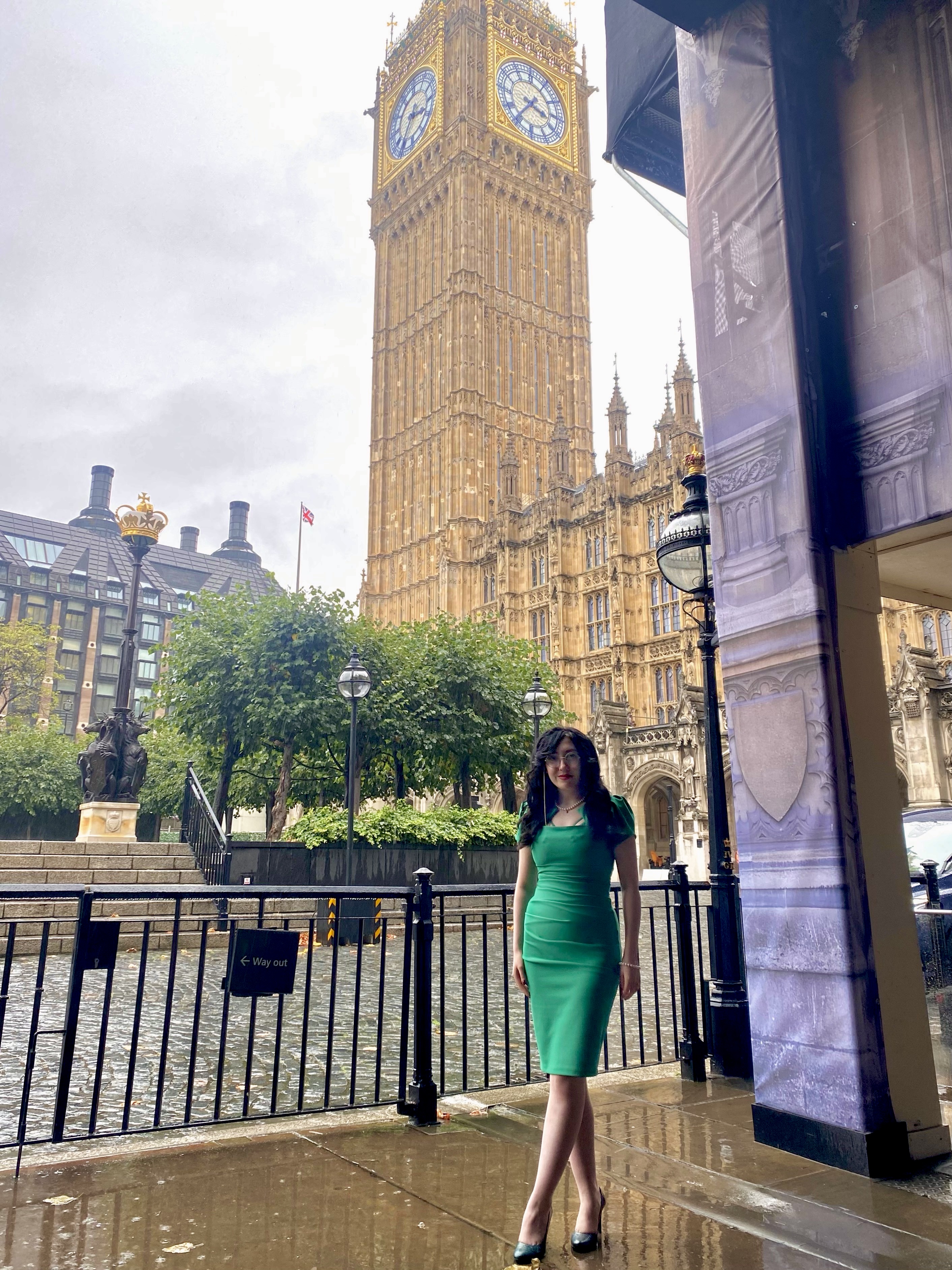
3. Lastly, I’ve been involved with various NGOs and youth organisations. In 2021, I joined the Future Leaders Network (FLN) as a G7 Y7 Ambassador where I spoke to young people across the UK on topics such as Climate Change, Health and Wellbeing, Democracy and Culture, and Technology. The goal was to help youth voices shape policy decisions at the summit. The outcome was incredible; our work helped add a line on young people’s mental health to the G7 leader communique. Similarly, I joined Chatham House’s Commons Futures Programme, where I’ve drafted policy suggestions on raising awareness of the signs of human trafficking while engaging with young changemakers worldwide and policymakers.
As of 2023, I joined the School of International Futures (SOIF) as a Next Generation Champion. I’ve been working on the UK’s National Strategy as part of the National Strategy for the Next Generations (NSxNG). Similar to the FLN work, I hosted intergenerational dialogues with people across the UK, and I’ve since put forward their views to Parliamentarians across the UK and Commonwealth. Our work aims to connect civil society, civil service, and government.
Importance of Voting
When it comes to the importance of voting, I often hear people saying, "Well, I just don't care for either side.” This sentiment can be misinterpreted as apolitical, which, in my view, is not entirely accurate. Often, these people do care but don’t feel represented by someone in their community. In such cases, I genuinely suggest spoiling the ballot to communicate that none of the parties genuinely align with your views. Opting to spoil your ballot is a way to express your discontent.
On the other hand, opting to stay at home only adds to the assumption of disinterest and perpetuates the notion that young people don't care. The reality is quite the opposite — many young people do care. By actively going to the polling station and intentionally choosing not to vote for any candidate, you become a voice for those who feel disconnected.
I always encourage people to use their voice. However, I fully understand why many feel unable to do so. The current climate poses challenges, with young people grappling with the cost-of-living crisis, secure shelter, navigating university in the aftermath of a pandemic, worrying about putting food on the table, ongoing strikes, and entering a job market that demands a delicate balance between passion and financial stability. It’s not surprising, then, that some may not have the energy to care about politics. How can they?
For those deeply involved in politics, it's essential to recognise that the energy to contemplate things like navigating politics and voting might be secondary concerns for individuals grappling with more immediate day-to-day challenges.
Barriers to Voting
In addition to the challenges of becoming involved with politics, another barrier can be voting. A common one I encounter is the time-consuming process of researching information, distinguishing propaganda from reality, and making informed choices. As Matteo Bergamini proposed in his recent Voice interview, the challenge of sifting through a barrage of information adds complexity to voting.
Moreover, in my local area, dominated by the Liberal Democrats, strategic voting has become a peculiar concept. In such an environment where certain parties hold indisputable sway, the effectiveness of one's vote might be questioned. During a campaign, Lib Dems urged voters to support them, even if their allegiance was with Labour, to prevent a Conservative victory (which is odd, given their previous 2010 Cameron–Clegg coalition with the Conservatives). This strategic voting approach adds an extra layer of complexity, blurring the lines between genuine representation and pragmatic choices highlighting the intricacies and challenges within the voting process.
Role of Education in Political Awareness
Although formally studying historical policies, international relations and diplomacy set up a great foundation to build upon, I learned more about the world of politics through voluntary activities. Some of this learning included the systems and processes to turn legislative bills into acts. I’ve learned how policy suggestions are shaped, who drafts them and how they’re presented to policymakers from my voluntary experiences rather than studying them in a lecture. This taught me that there's a pathway fo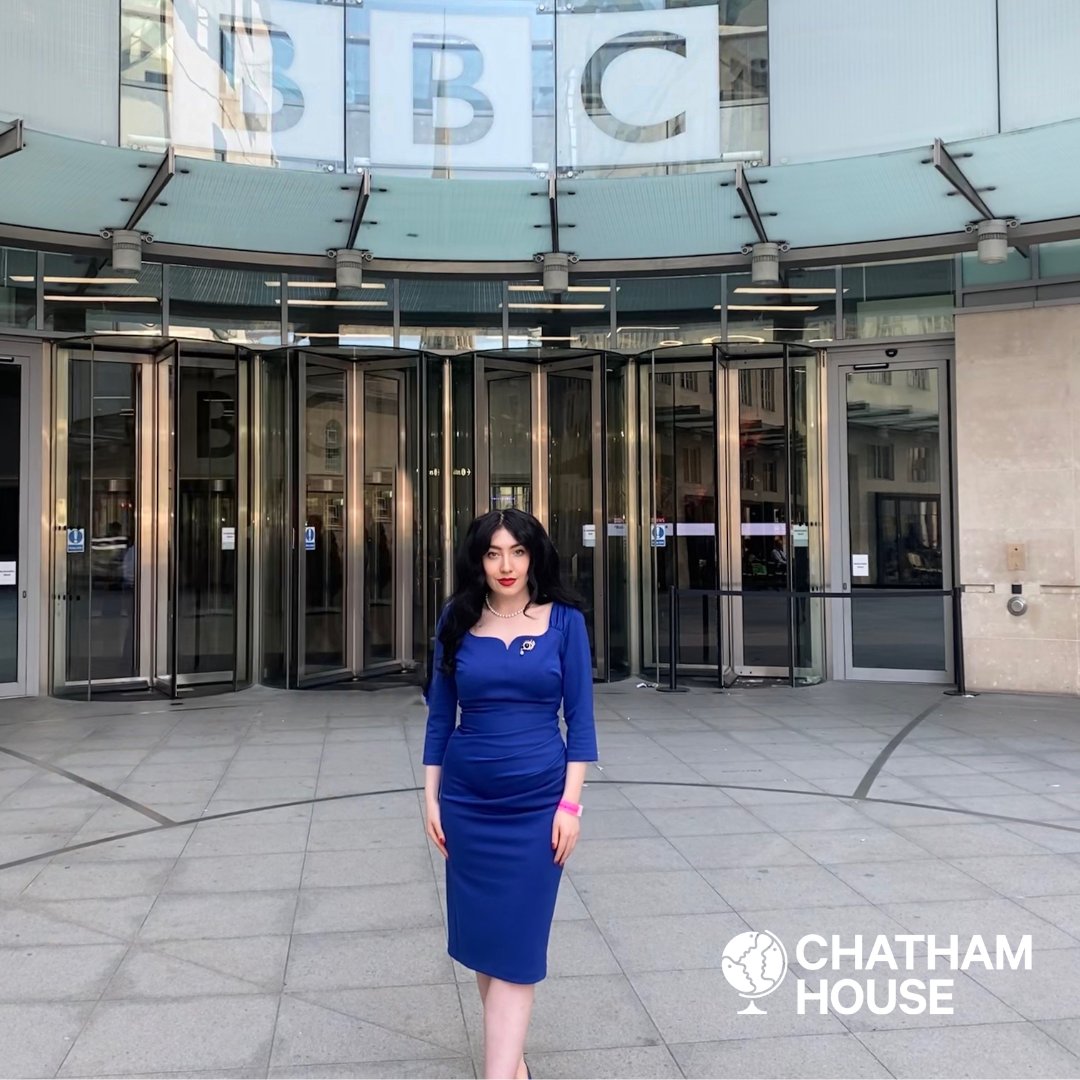 r everyone based on their interests.
r everyone based on their interests.
I believe there is an option best suited for everybody and what they care about. My first interest in politics came not from the current governments but from the power plays in ancient Greece and Rome. Likewise, someone else might find their entry point through a passion for addressing climate change, leading them to follow events like a COP summit closely.
Alternatively, individuals deeply connected to their local arts community can discover and get involved with community building or arts funding. Politics doesn’t just have to be about the government and national strategy. It can be any cause in your local community — and that’s often what Members of Parliament (MPs) work on day-to-day.
Imagine a world where everyone sees politics not as a distant and complex entity but as a tool to champion the causes they are passionate about in their communities. To me, that is the essence of true political engagement.
Major Parties and Issues Facing Young People
I think Andrew Mitchell, MP and Minister of State for Development and Africa, said it best: “If we are serious about building a safer and more prosperous world for future generations, then it falls upon all of us to try and model in our actions, the kind of world they deserve to inherit.”
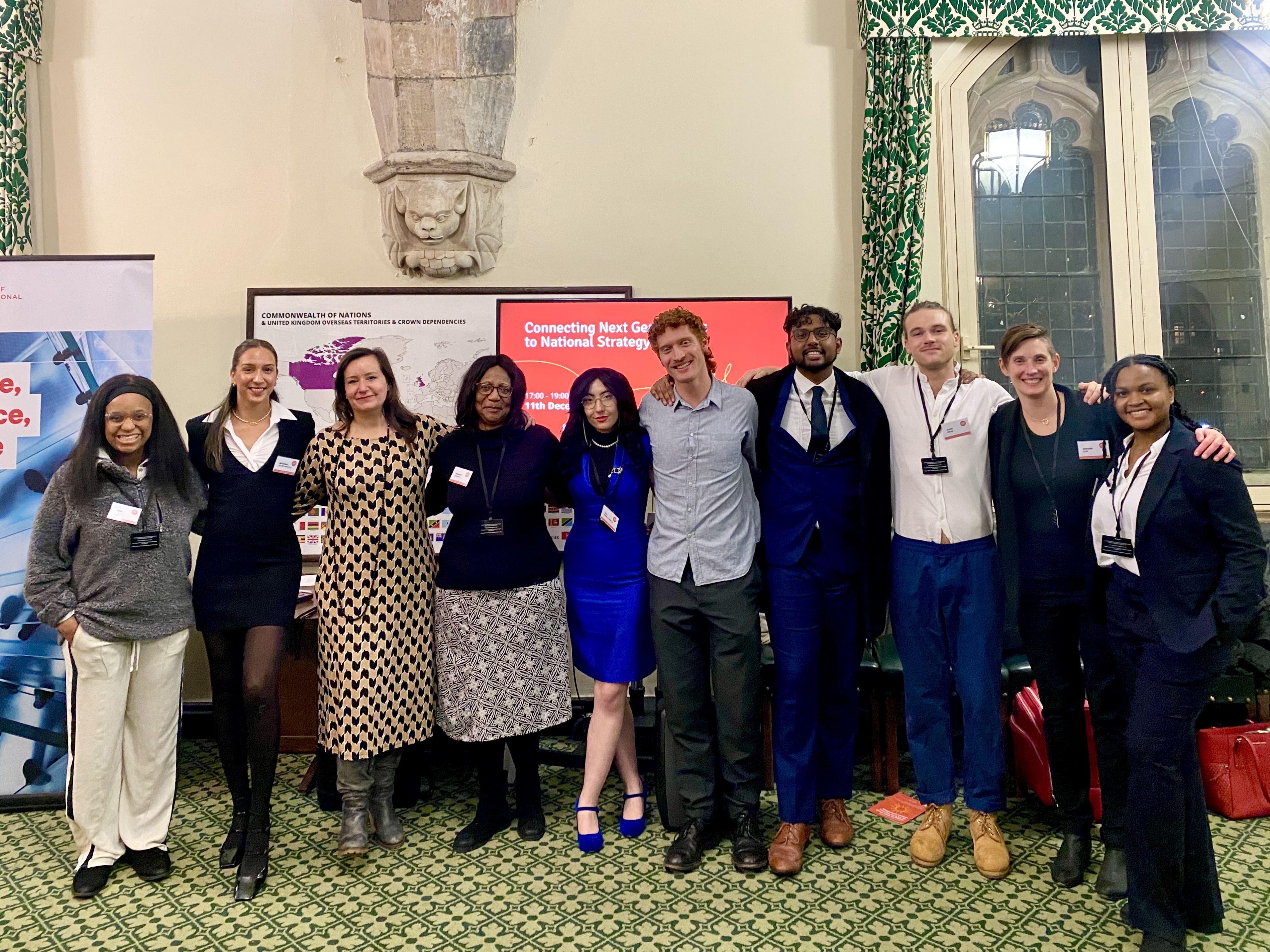
While hosting dialogues for SOIF's NSxNG, my conversations with young people revealed that a whole-of-society approach is needed for effective policy and strategy development. As such, I used these insights to write up a national strategy inquiry paper for the government, which suggests creating an intergenerational Council of the Future that focuses on the next 25 years instead of every 3-4 years with re-election for each party in mind. This would go beyond any party politics while utilising citizen’s genuine concerns.
Significance of the Young Vote
Find something that you care about. Talk to people in your local community, and ask yourself, "What issues are we grappling with, and how can we tackle them?" Your involvement can make a difference, and voting is a powerful tool in shaping the solutions to these issues.
In a world of information, be perceptive and curious: Verify facts, challenge misinformation, and actively shape your political narrative.
Your participation goes beyond the ballot; it's about actively starting conversations on issues that resonate with your values. Your voice matters — use it to carve a path towards a future that aligns with your aspirations.

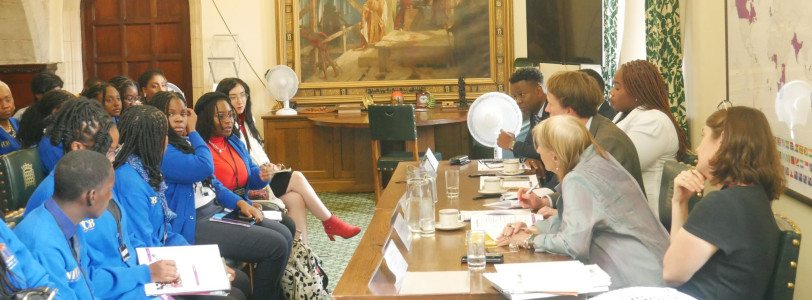

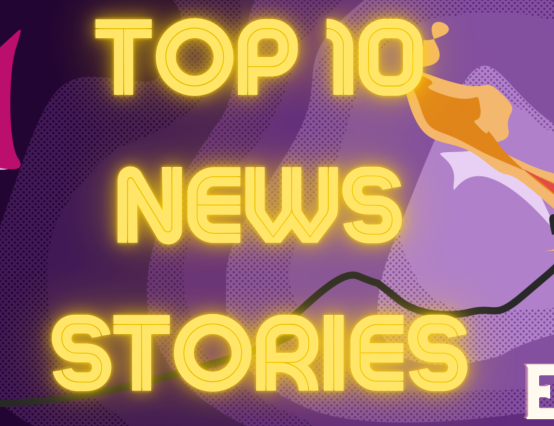

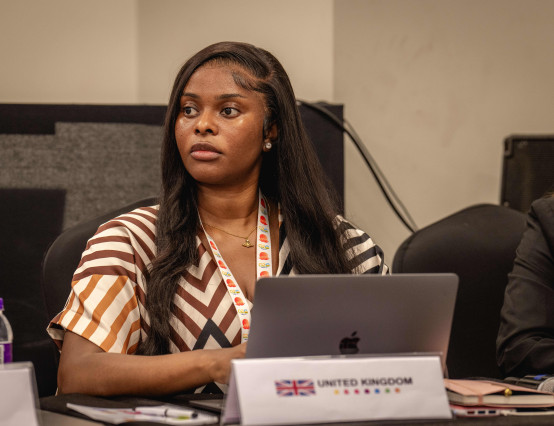



0 Comments